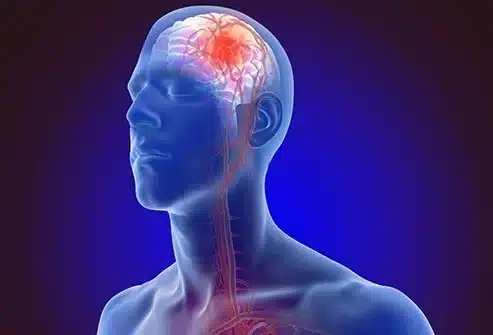Stroke, also known as “Cerebrovascular accident” (CVA), is a disease of the blood vessels. When a part of the brain stops getting blood, it leads to the death of the blood cells or rupture of the cells causing stroke. Dementia on the other hand, is a term used for a group of symptoms that interferes day to day functioning of life affecting an individual’s memory, thinking and social abilities.
Can the transplantation of intestinal epithelial stem cells (IESC’s) from a healthy donor improve CVA outcomes, and the intestinal barrier after stroke was investigated by the Texas A&M team. It was based on their previous study which investigated that IESC could resist the mortality rate induced by stroke, could decrease the volume of dead tissues and the permeability of the gut, and improve cognitive impairment.

There is a critical need for effective stroke therapies as the only recombinant plasminogen licensed by the Food and Drug Administrator(FDA), has limited track record about what actually happens after the onset of stroke.
Symptoms of stroke-
- Sudden paralysis or loss of sensation on one part of the body, garbled speech, vision impairment, and loss of bowel and bladder control.
- Decline in cognitive functions like thinking, organization, reasoning, judgement.
- Dementia or neurocognitive disorder
- Behavior and personality change
There is some evidence that shows that IESC repairs the gut and helps in improving its permeability, and this can be crucial in preserving cognitive function after CVA. Farida Shorabji, Professor, Neuroscience and Department Therapeutics, used IESCs from the healthy donor and repaired the gut architecture, improving its permeability and leakage of toxins in the blood vessels. After a week, the cognitive functions improved along with depression-like behavior. This experiment was in contrast with the old IESC cells, which actually indicated that the age of the cells is important during transplantation.

This study will help in advancing the study of ageing stem cells as well as the areas this therapies target, and how it repairs the intestinal epithelium further improving stroke disability.













